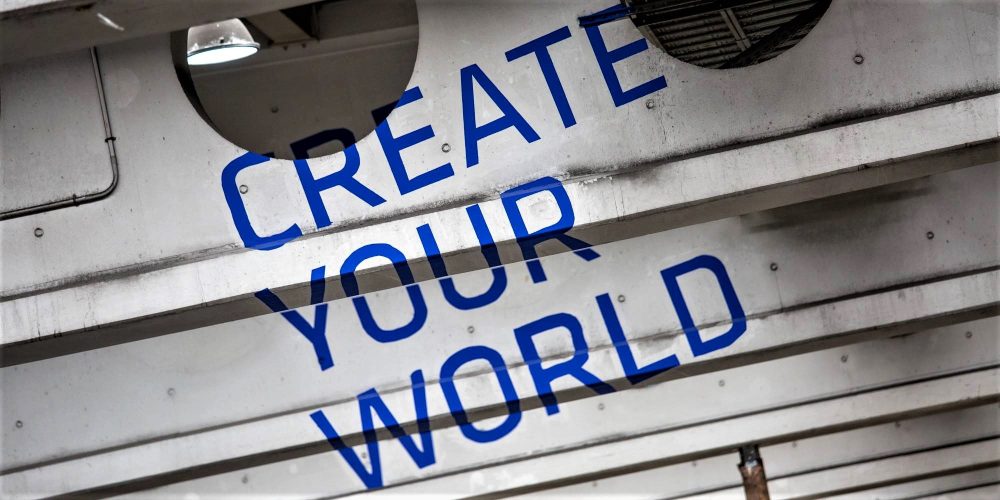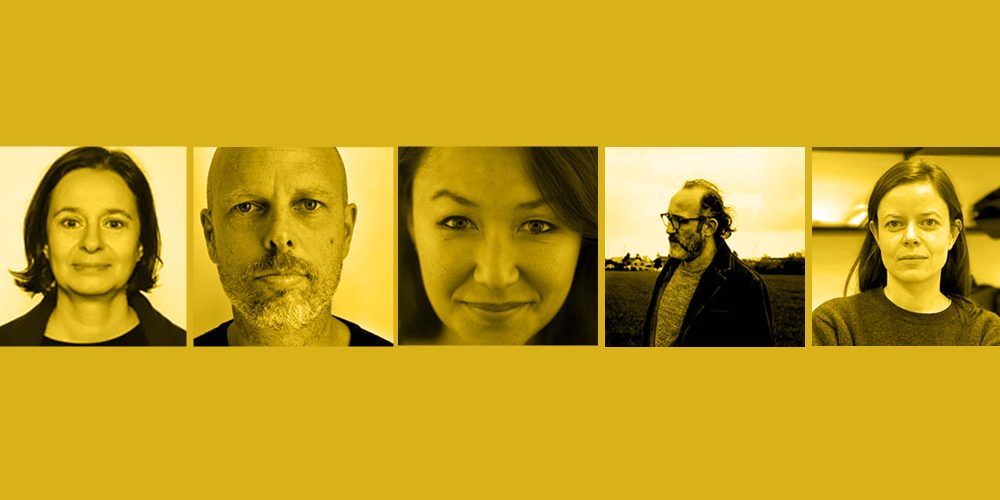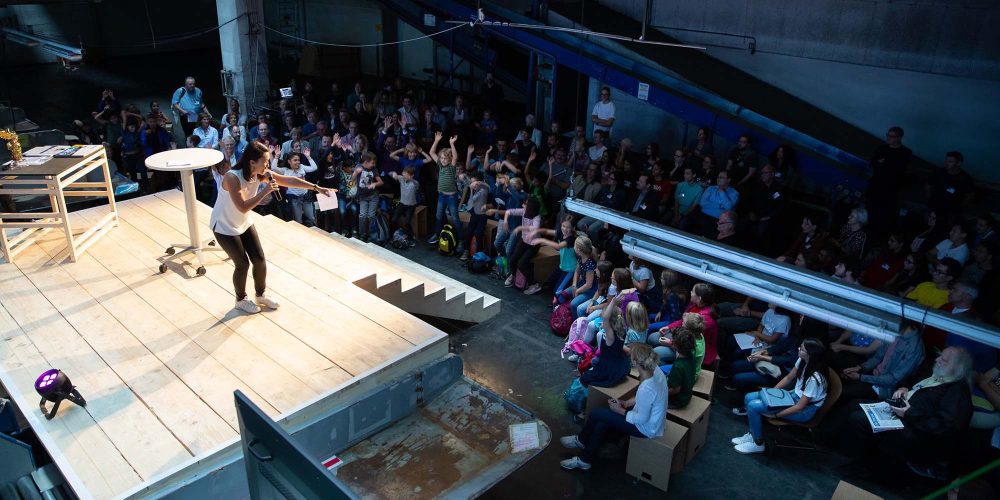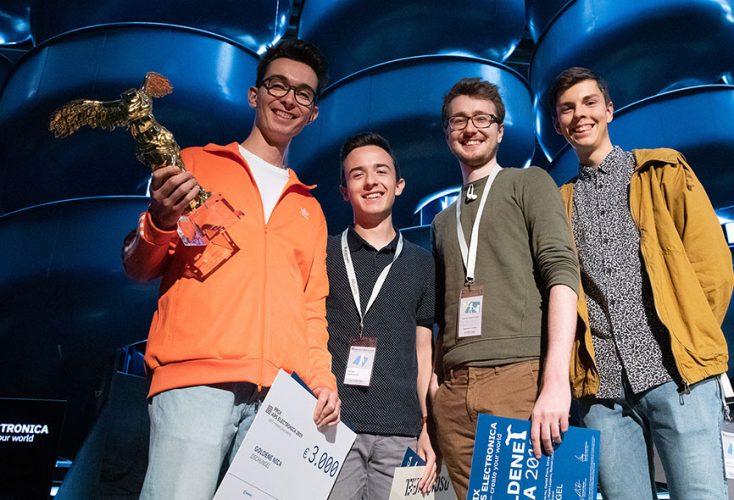
Artists, Creators, Engineers
-
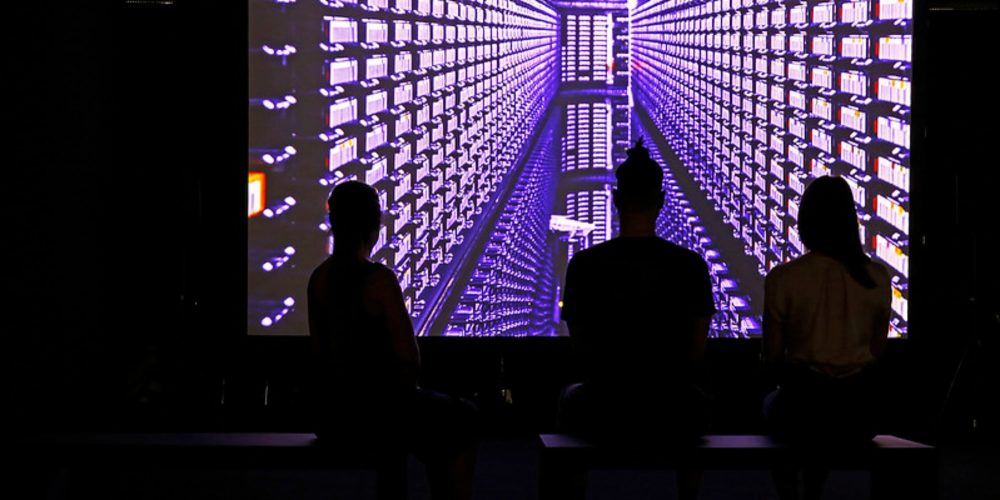
The Voice of the Future
As part of the ArtScience Residency Program enabled by the Art Collection Telekom artist Kyriaki Goni is working on a project that focuses on the voice of digital assistants and the problem of surveillance.
-
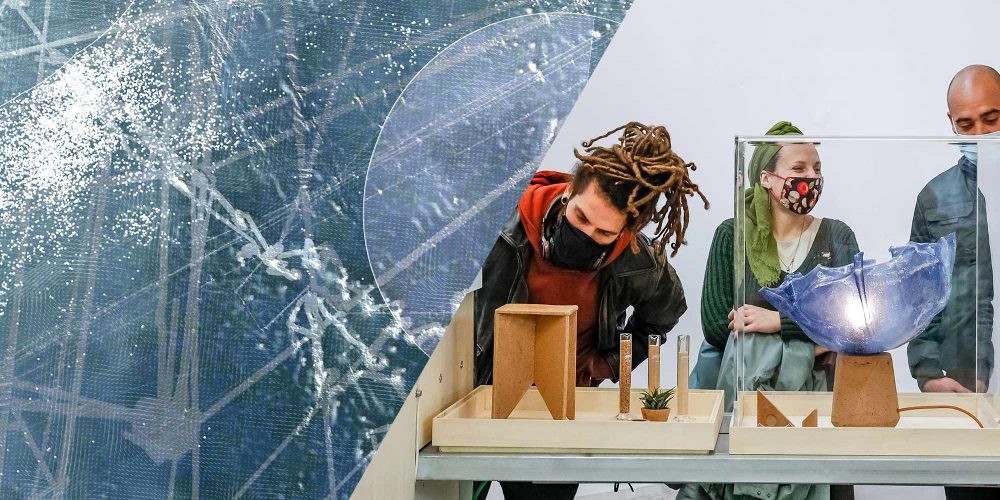
The Winners of the 2021 STARTS Prize
We present the Grand Prizes at the intersection of science, technology and art: “Remix el Barrio” and “Oceans in Transformation”.
-
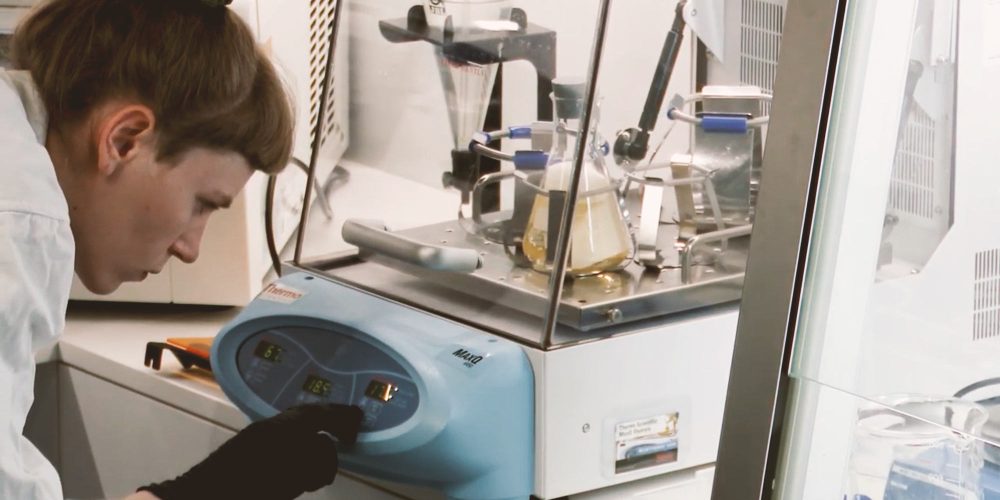
Textiles dyeing with Bacteria
No harmful chemicals, significantly lower water consumption. Julia Moser explains how pigment bacteria are used to color clothing. (German language)
-
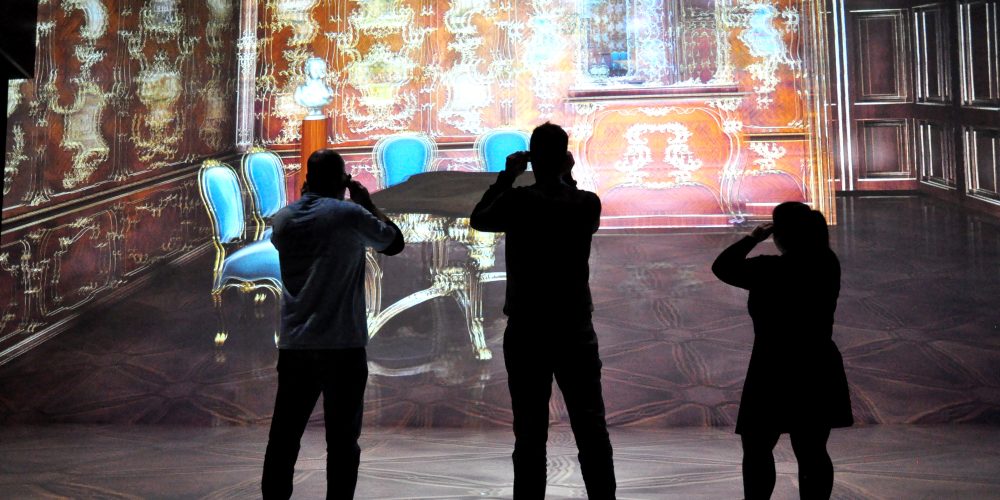
The Language of Virtual Realities
In a virtual world, we can simulate truths that would be unimaginable in real life, explore incredible activities, and collaborate with others in a way that goes beyond physical interaction.
-
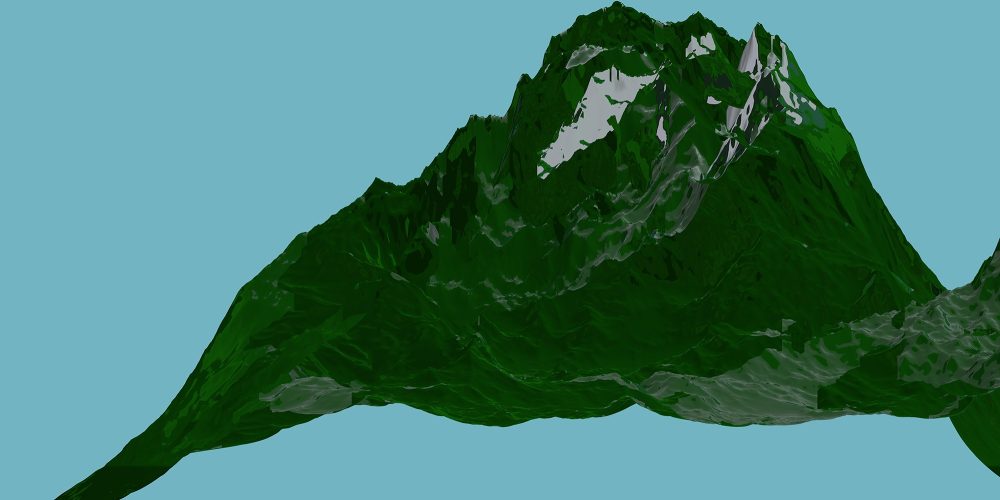
The Future Is Coded
Travel restrictions raise new challenges for cross-boundary artistic/scientific research. Residencies at the Ars Electronica Futurelab remain a source of mutual inspiration.
-
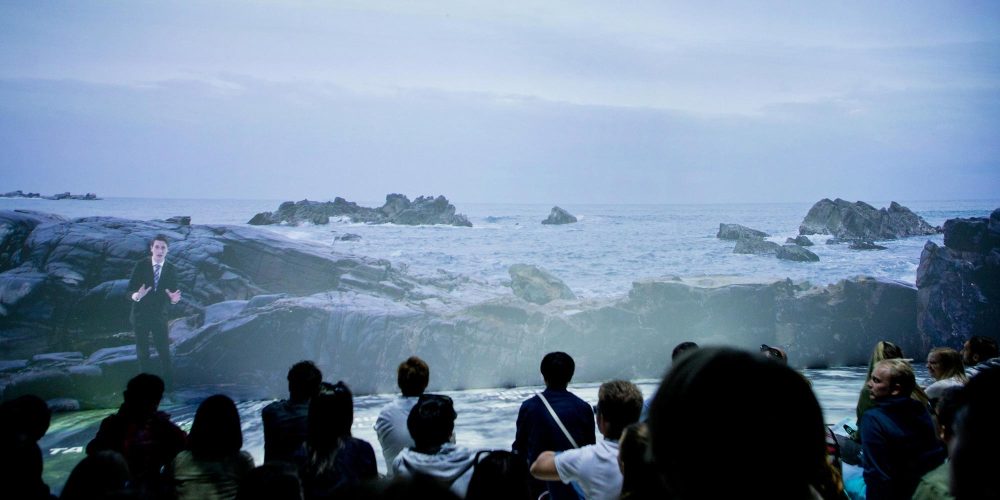
Resonant Media – How 8K can affect perception and emotion
Visual media make the invisible visible; document, capture, make emotional. They capture the moment for eternity.
-
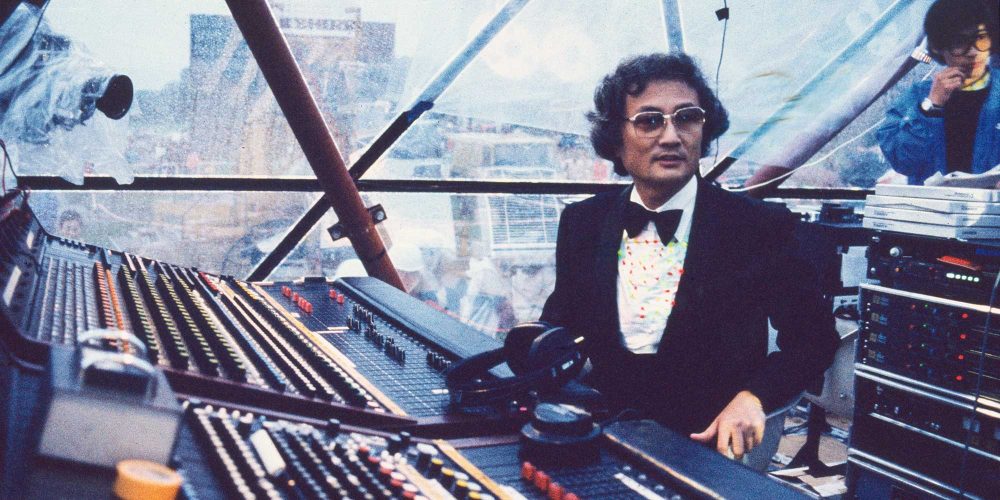
Who was Isao Tomita?
He not only laid the foundations of the synthesizer boom, but also pushed boundaries and influenced numerous sound artists.
-
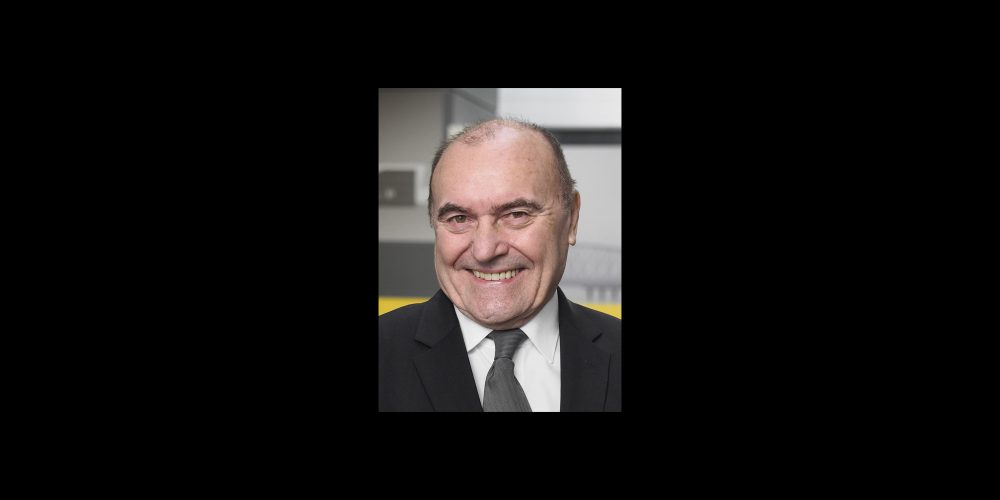
Hannes Leopoldseder: A Life Lived for the Future
He was a co-founder of the Ars Electronica Festival, invented the Prix Ars Electronica, initiated the construction of the Ars Electronica Center and, as a longstanding member of the Supervisory Board, helped shape the development of Ars Electronica to the end. Hannes Leopoldseder passed away at the age of 80 on February 12, 2021.
-
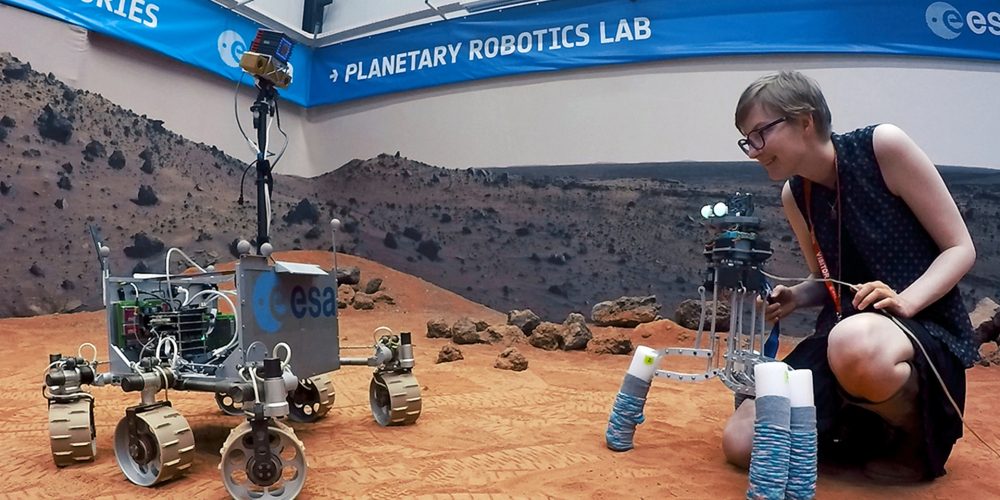
Step into Space
Wanted: Our place in the universe. Found: A team that combines humans and AI to answer fundamental questions. Sarah Petkus and Mark J. Koch aim to educate artificial intelligence to become an individual.
-
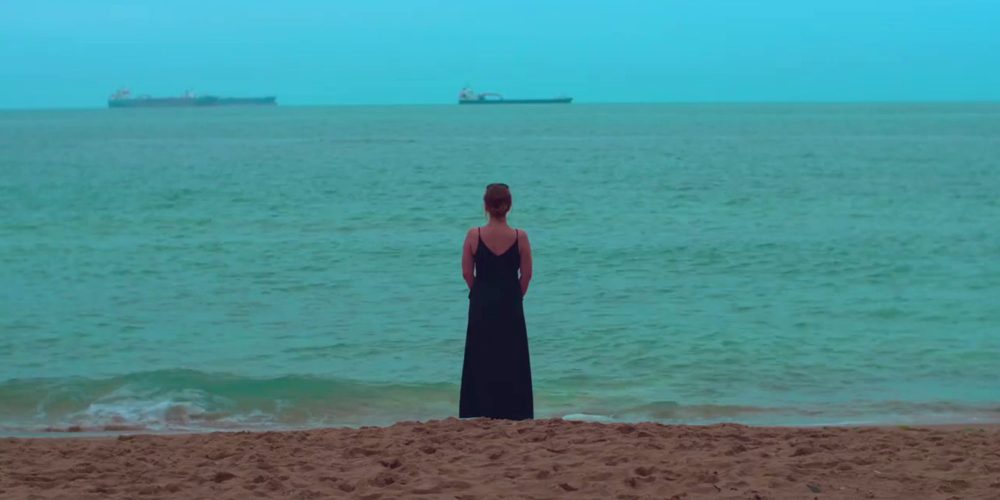
Tears for the Sea
She spent most of her childhood on merchant marine vessels and has developed an ever closer relationship with nature through her proximity to the sea. During her EMAP/EMARE residency, as a media artist, Kasia Molga tells how she came to her project “How to make an Ocean?”, how personal grief and COVID-19 gave her work…
-
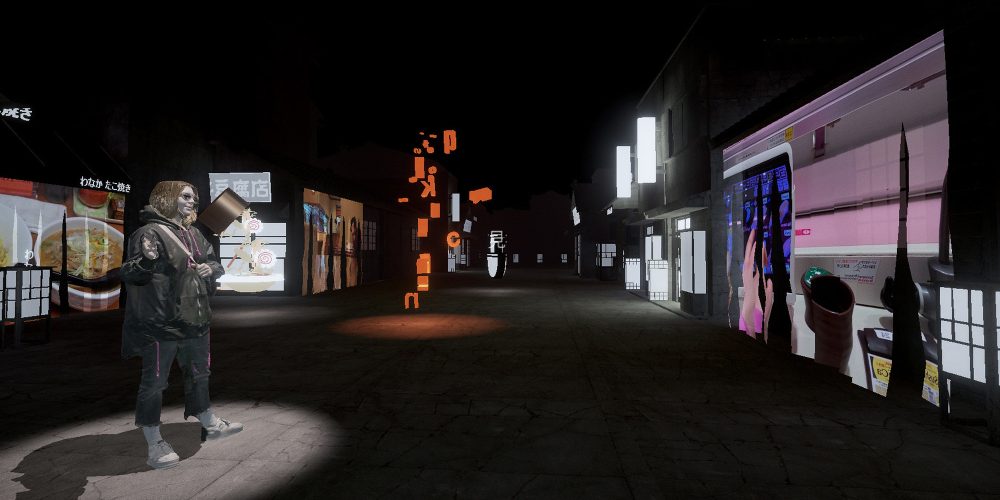
Rebecca Merlic: Making The City Your Own
Imagine giving up everything: Your bed, your kitchen, your bathroom, your apartment. From now on you live, eat and sleep in public space. Rebecca Merlic has been awarded the Marianne.von.Willemer.2020 Prize for Digital Media for the artistic realization of this experiment.
-
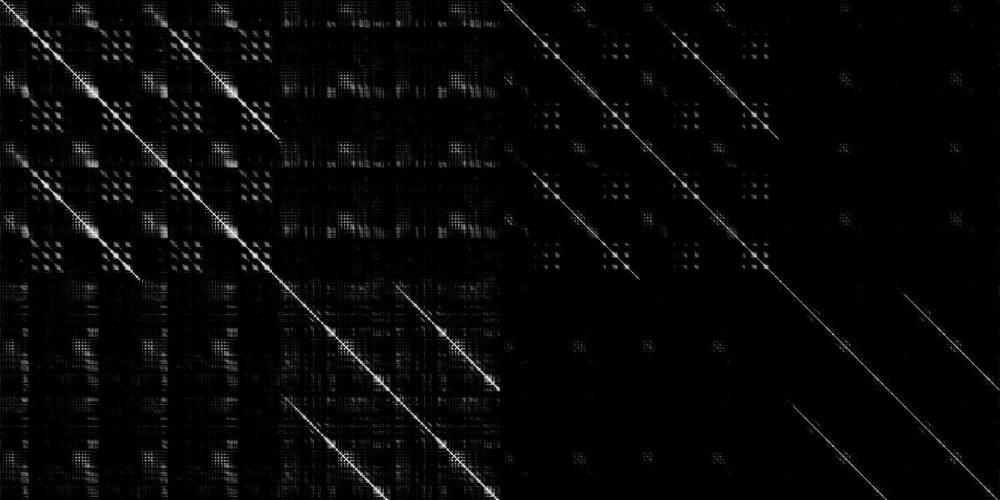
Of rhythms and algorithms
They promise a future full of convenience and are said to surpass us humans in every respect quite soon. Artificial intelligence is already way ahead of us in many areas of competence. Just a few years ago, we thought that it was human creativity alone that distinguished the analogue from the digitally generated work. Because…
-
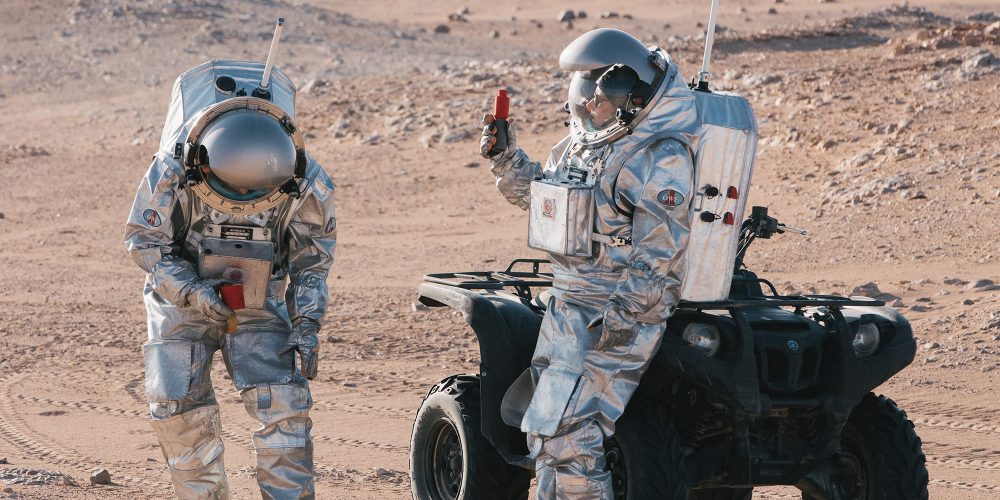
Get the camera ready, we’re going to Mars!
Cliff diving on comets, opulent refractions of light in the ice crystals of Saturn’s rings or the gigantic mountain worlds of Mars: Gernot Grömer, Director of the Austrian Space Forum, is probably the most unusual travel guide in the country. The destination of his journey is the solar system, first stopover the Red Planet. All…
-
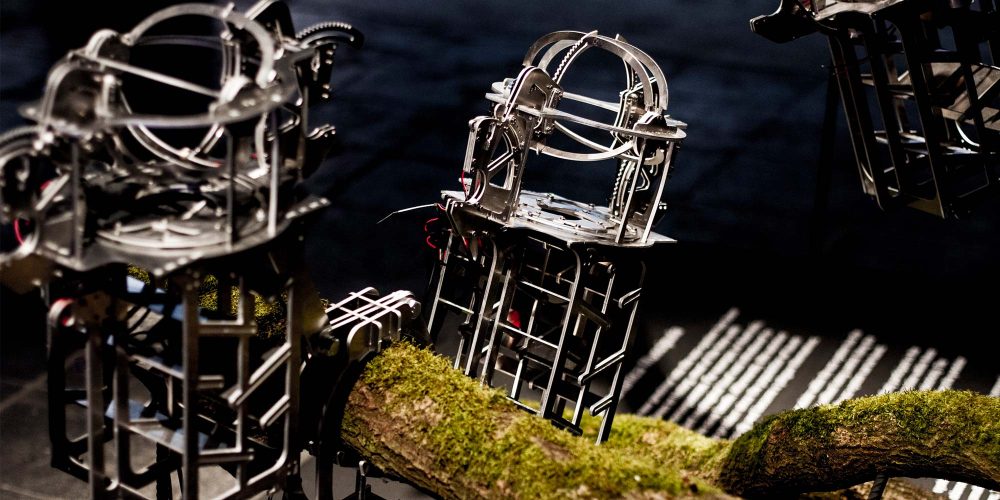
Strolling Between the Disciplines
The JKU campus as a place of encounter and as a place for projects that can only be discovered by strolling through the park and looking attentively into the air. JKU LIT @ Ars Electronica as well as the Garden Exhibition in Kepler’s Garden on the JKU Campus feature playful projects that combine various disciplines.
-
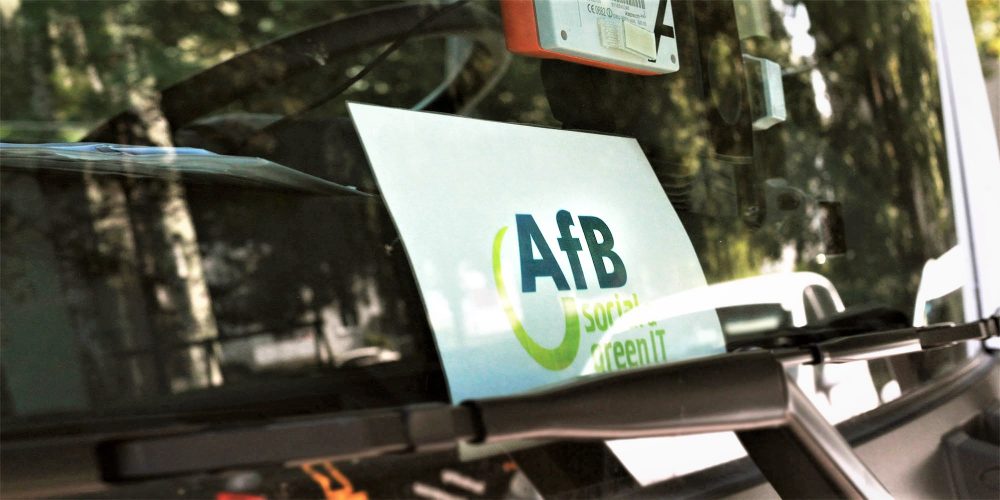
“When innovation meets sustainability”
Since 2019, Ars Electronica has been equipped with IT devices by AfB – Arbeit für Menschen mit Behinderung. At this year’s festival, too, they’re supporting us with PCs and other equipment. Find out more about how this cooperation was established in this blog post!
-
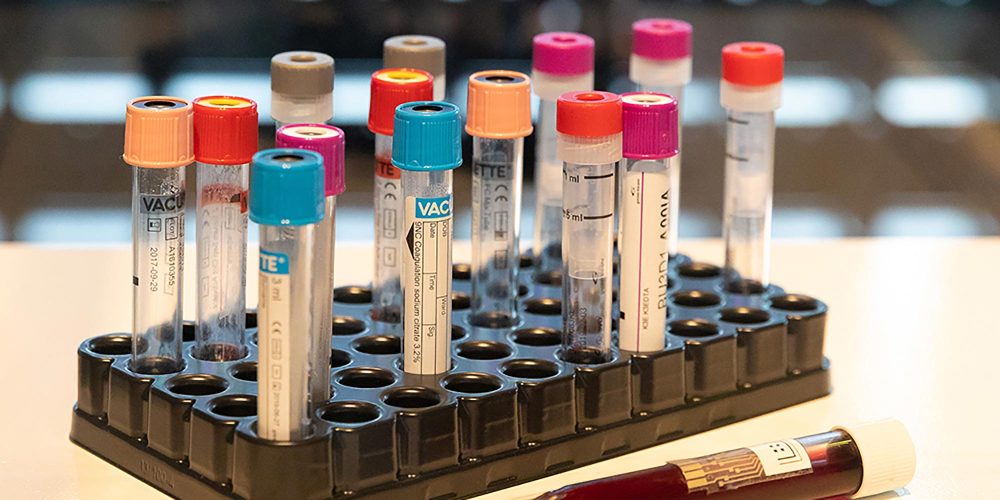
„Look beyond the boundaries of our own organization“
What do a plastics manufacturer and a festival for art, technology and society have in common? A lot, as the long-standing successful cooperation between Greiner AG and Ars Electronica proves.
-
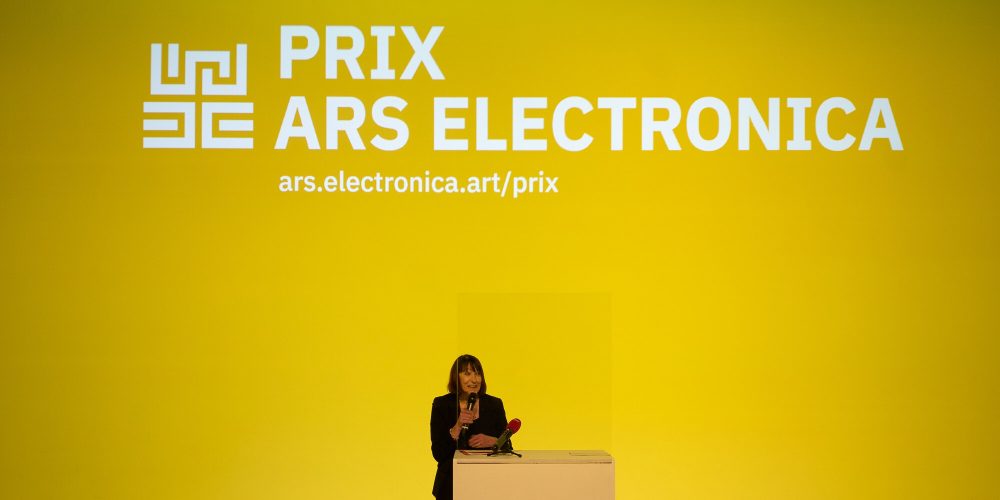
Christine Schöpf: “40 Years Are Enough!”
Christine Schöpf has accompanied Ars Electronica since its founding in 1979. Now, on the occasion of the 2020 Prix Ars Electronica, she says “40 years are enough” and takes leave of her official posts.
-
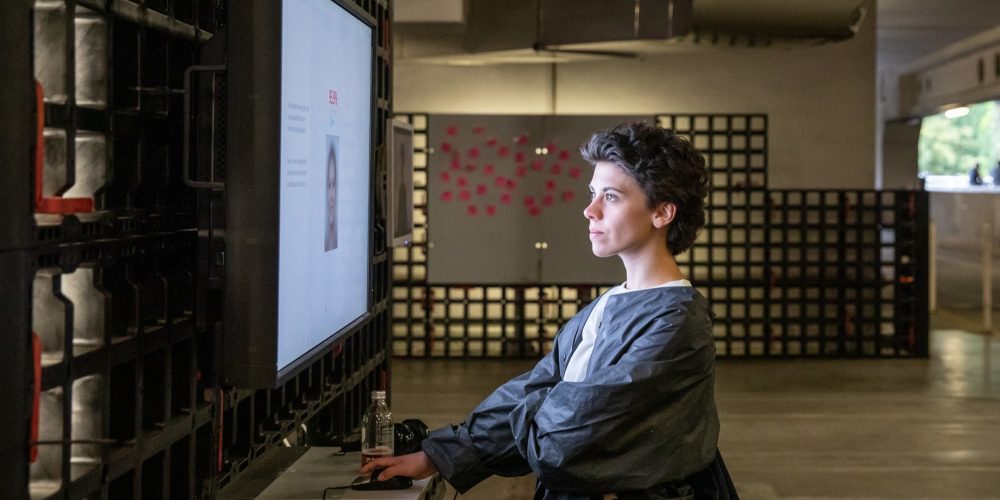
Women in Media Arts: Does AI think like a (white) man?
“Women in Media Arts” is an Ars Electronica database specifically dedicated to women in media arts. In this series, we introduce you to female media artists and their work, starting with the question: Does AI think like a (White) man?
-
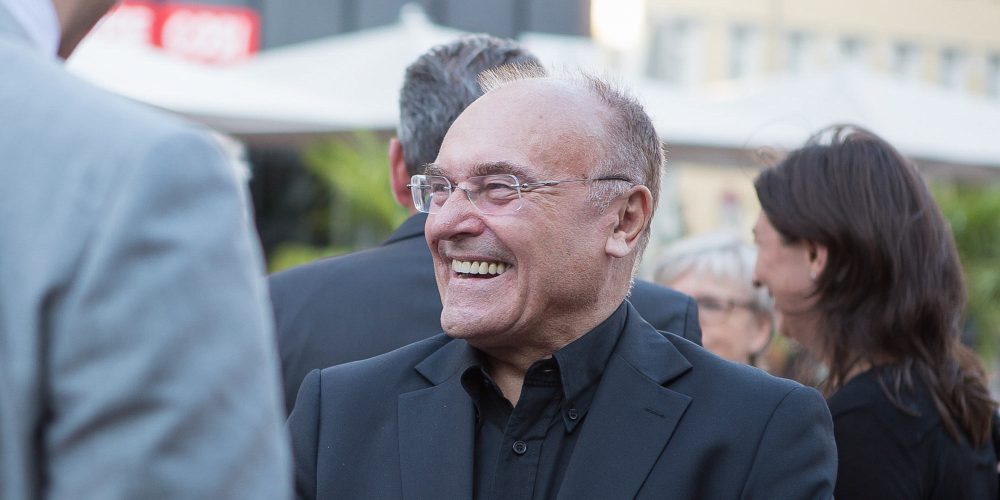
All the best, Hannes!
At the end of the 1970s, Hannes Leopoldseder set out to create a festival for art, technology and society. Today, on the occasion of his 80th birthday, we look back on four decades of digital change with excerpts from his texts and historical photos of the co-founder of Ars Electronica.
-
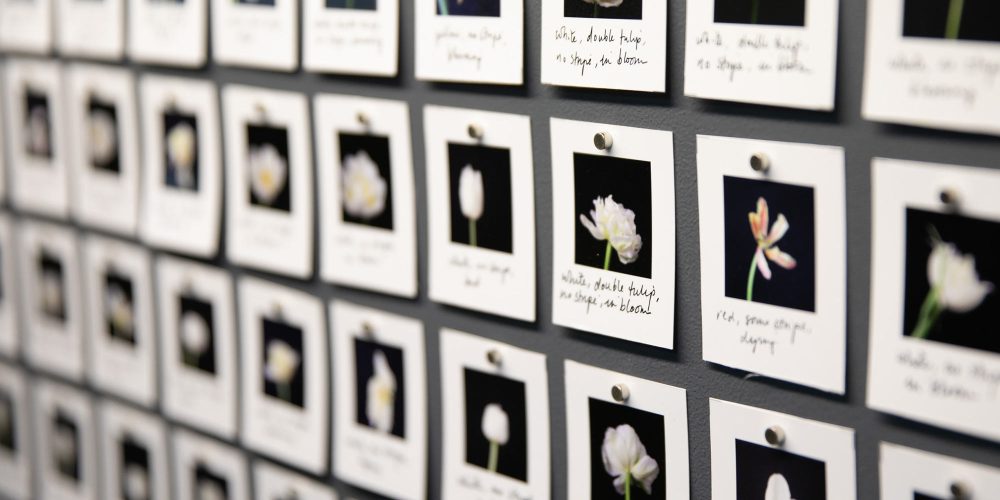
AI isn’t Artificial but Human
Our world is becoming more and more entangled. Financial markets where bots trade endlessly with other bots, social media algorithms that control what narrative we follow, deep fakes that make us doubt even our own senses. It is becoming increasingly difficult to find out where human influence lies in the process of AI.
-
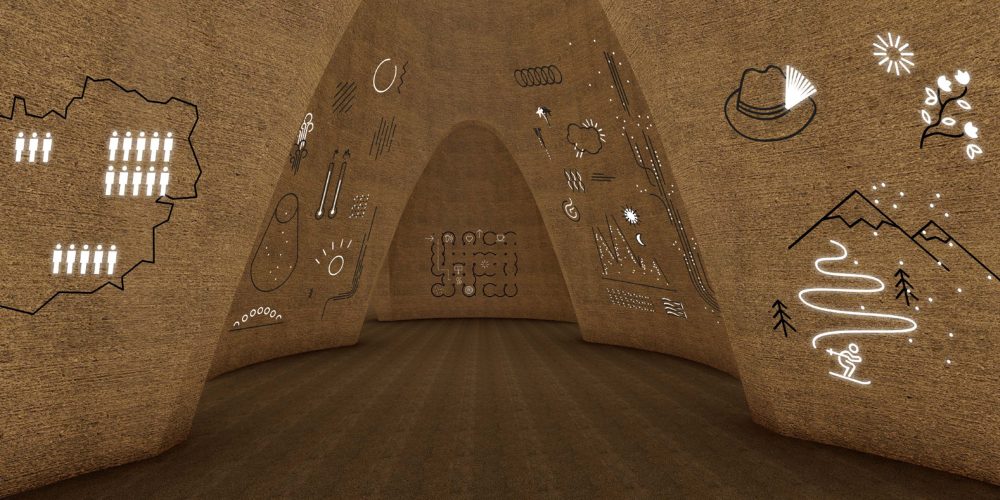
Connecting Minds, Creating the Future
It is a sonorous theme under which the World Expo in Dubai will start in October 2020. The idea behind it: Building partnerships and inspiring ideas that will shape the world of tomorrow. Because we all have the power to shape the future.
-
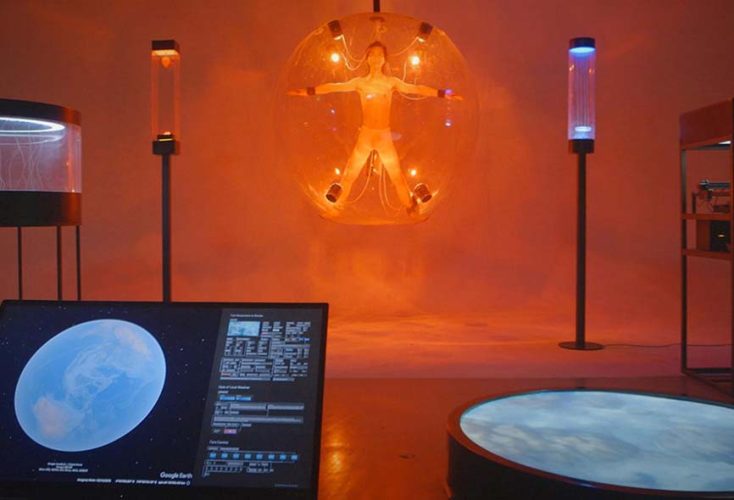
All connected, all affected
Shaun Hu’s works explore the relationship between humans and nature in the digital age. “Internet of Everything: All Connections” – currently part of the “human (un)limited” exhibition in Beijing – shows how everything around us is not only connected but also affected.
-
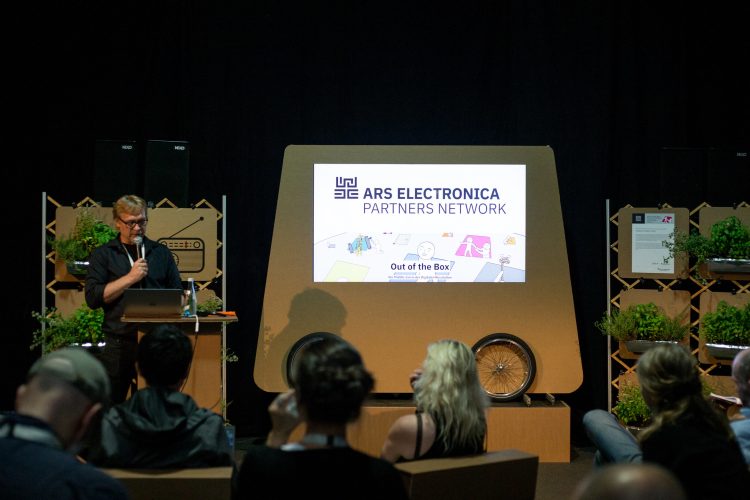
From Theory to Practice: Ars Electronica Research Institutes
Here, academic basic research meets Ars Electronica Futurelab’s artistic/scientific application scenarios: Starting in autumn 2019, the new Ars Electronica Research Institutes will be building a bridge between theory and practice. In this interview, we learned exactly what that looks like.
-
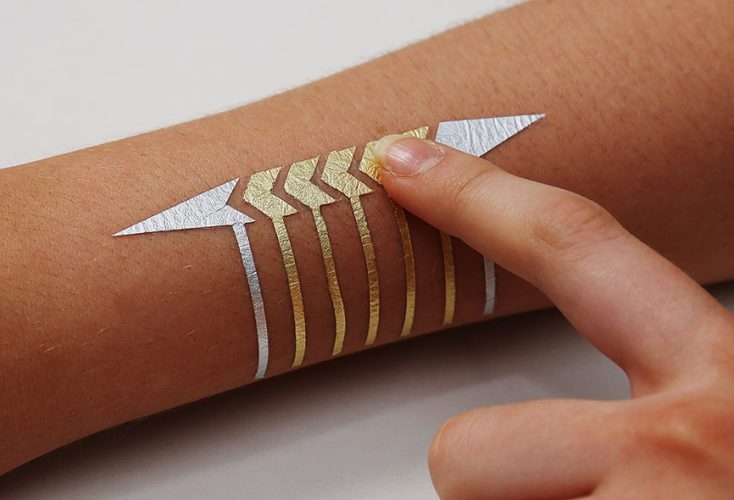
DuoSkin: Like a Second Skin
Nice metallic tattoo or modern on skin interface? Based on the aesthetics of temporary skin jewelry on skin, DuoSkin creates devices that allow users to control their mobile devices or display and store information on their skin. The project is currently part of Ars Electronica’s “human (un)limited” exhibition in Beijing.
